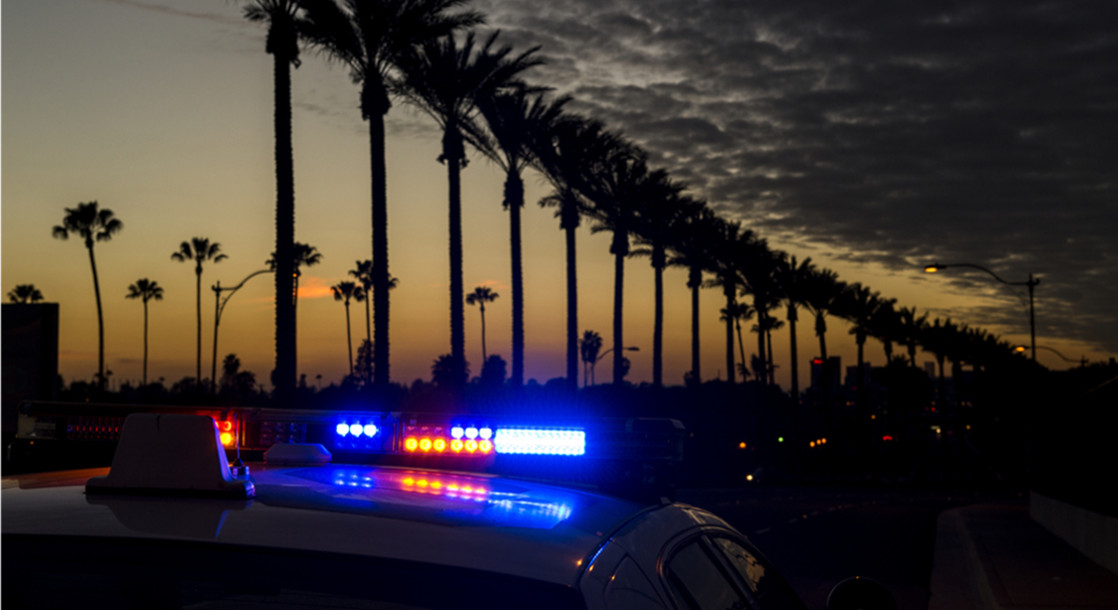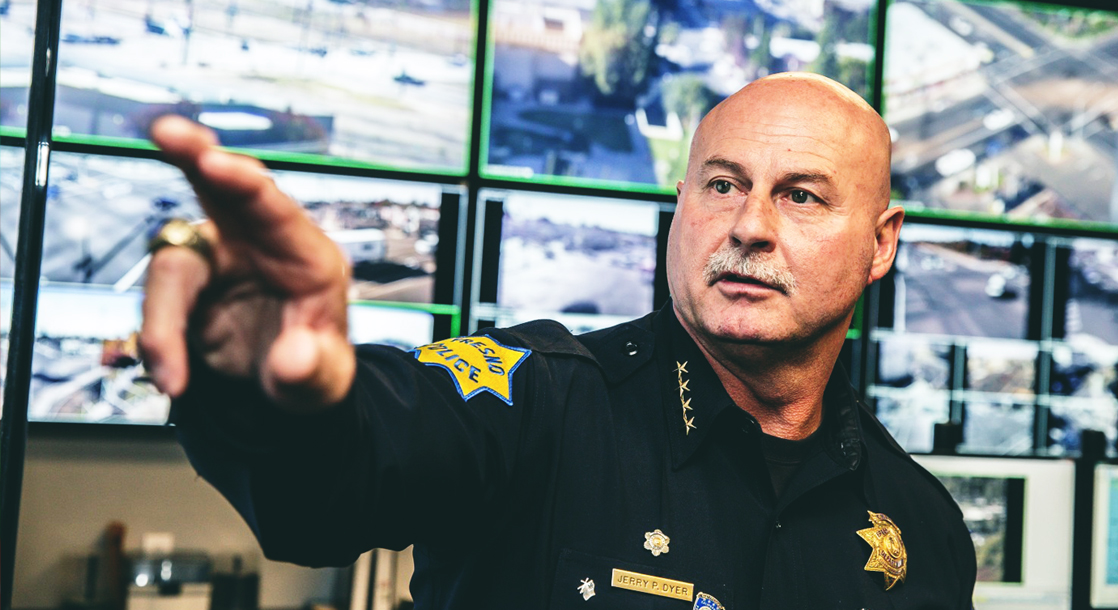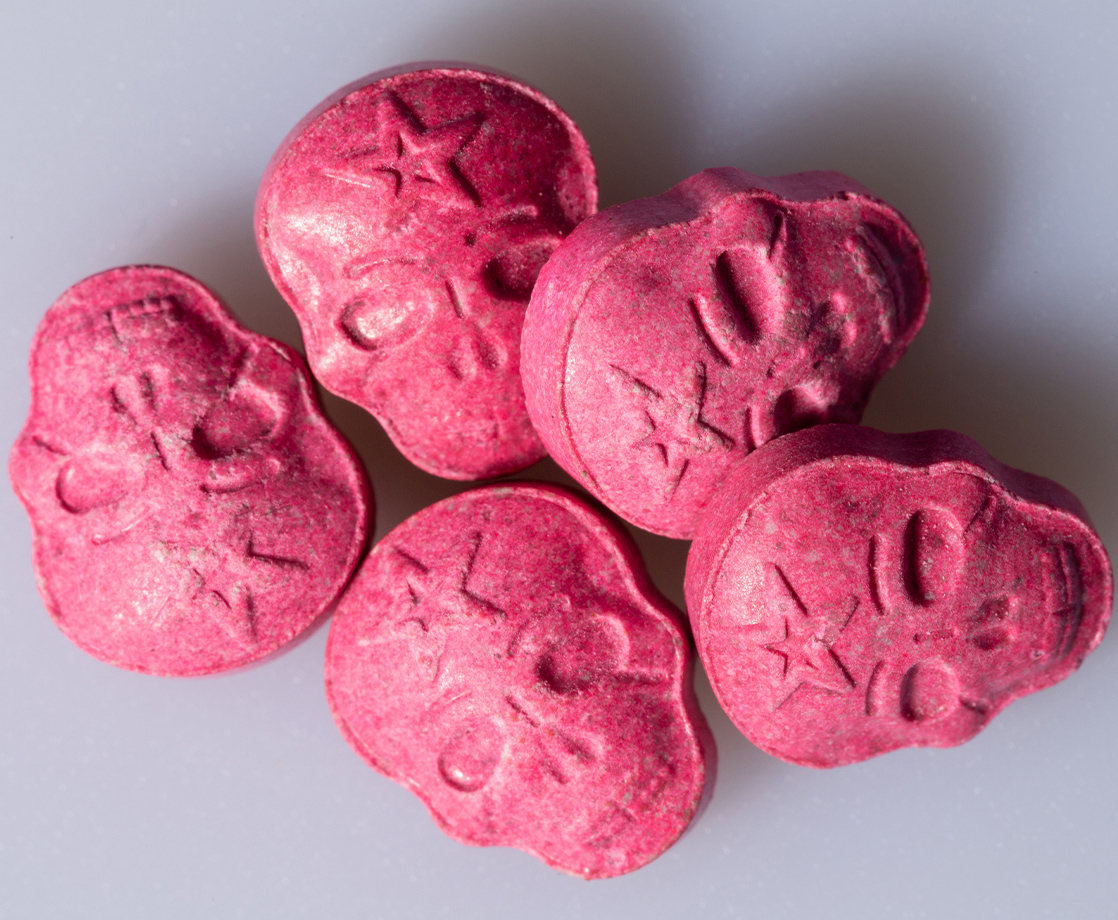After nearly nine months of legal adult-use marijuana sales, California regulators began enforcement efforts to weed out unlicensed canna-businesses from the Golden State’s green rush this week, starting with a black market pot shop operating in Costa Mesa.
According to the Orange County Register, Bureau of Cannabis Control (BCC) officials teamed up with Costa Mesa police to take down the Church of Peace and Glory, a retailer acting and advertising as a recreational pot shop, despite a total lack of permits and paperwork.
For the first six months of 2018, California officials were more concerned with sifting through license applications and resolving logistical issues for the nascent industry, and had not yet implemented product testing or license-check procedures. Beginning on July 1st, however, the regulatory “grace period” for California’s legal weed rules ended, and the BCC has since moved to strictly enforce product and packaging requirements, lab testing for cannabis, and proper retail licensing.
“We gave people an opportunity to come out of the shadows and to get adjusted to the new legal market,” Alex Traverso, spokesman for the BCC, told the OC Register. “I think it’s safe to say that any kind of unspoken grace period is over.”
On the other side of the coin, though, California cannabis consumers, industry representatives, and ganjapreneurs have all called out the BCC for moving slowly through the licensing process, supply chain complications, and “weed deserts” that have left huge swaths of the population without a way to acquire legal pot locally. In Costa Mesa, where BCC regulators raided the Church of Peace and Glory dispensary, city authorities have banned recreational pot shops altogether.
As licensed dispensaries across California struggle to meet BCC standards and sufficiently stock shelves, Traverso has noted that a significant number of the official complaints filed against unlicensed canna-businesses come from fully permitted ganjapreneurs, who say that black market operators are directly undercutting their bottom line.
During the Costa Mesa bust this week, city and state authorities confiscated an unreleased quantity of cannabis, infused edibles, and tobacco products. In addition to the retail seizures, police arrested the store’s proprieter, 47-year-old Omid Delkash, and charged him with four counts of cannabis crimes, including transporting, selling, and furnishing unregulated marijuana.
Thanks to California’s legalization law, though, all of those charges are considered misdemeanors, and carry a maximum total sentence of only six months. Before Golden State residents passed Proposition 64 in November 2016, Delkash could have been charged with felonies and faced four years behind bars.
Now that the enforcement efforts have started, BCC officials say that they will continue to seek out unlicensed marijuana businesses operating in the state, noting that there are already between 500 and 600 complaints waiting to be addressed. Traverso told the OC Register that more unpermitted pot shops would be raided “relatively soon.”











